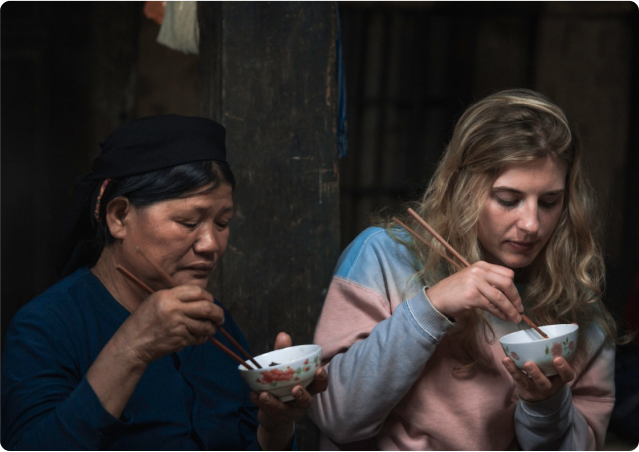7 Pillars: UPMA’s Support for Diverse Communities & Perspectives in Cannabis

Cultivating Growth and Diversity in the Plant Medicine Landscape
Supporting minority communities in the UPMA is vital for promoting diversity, equity, and inclusivity within the organisation. Here are UPMA strategies to ensure support for minority communities:



UPMA actively supporting and engaging with minority communities can create a more equitable and inclusive environment where all individuals can contribute to the benefit from the organization’s mission and resources.










